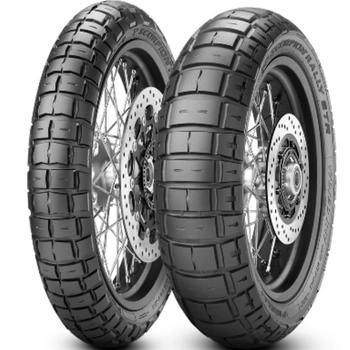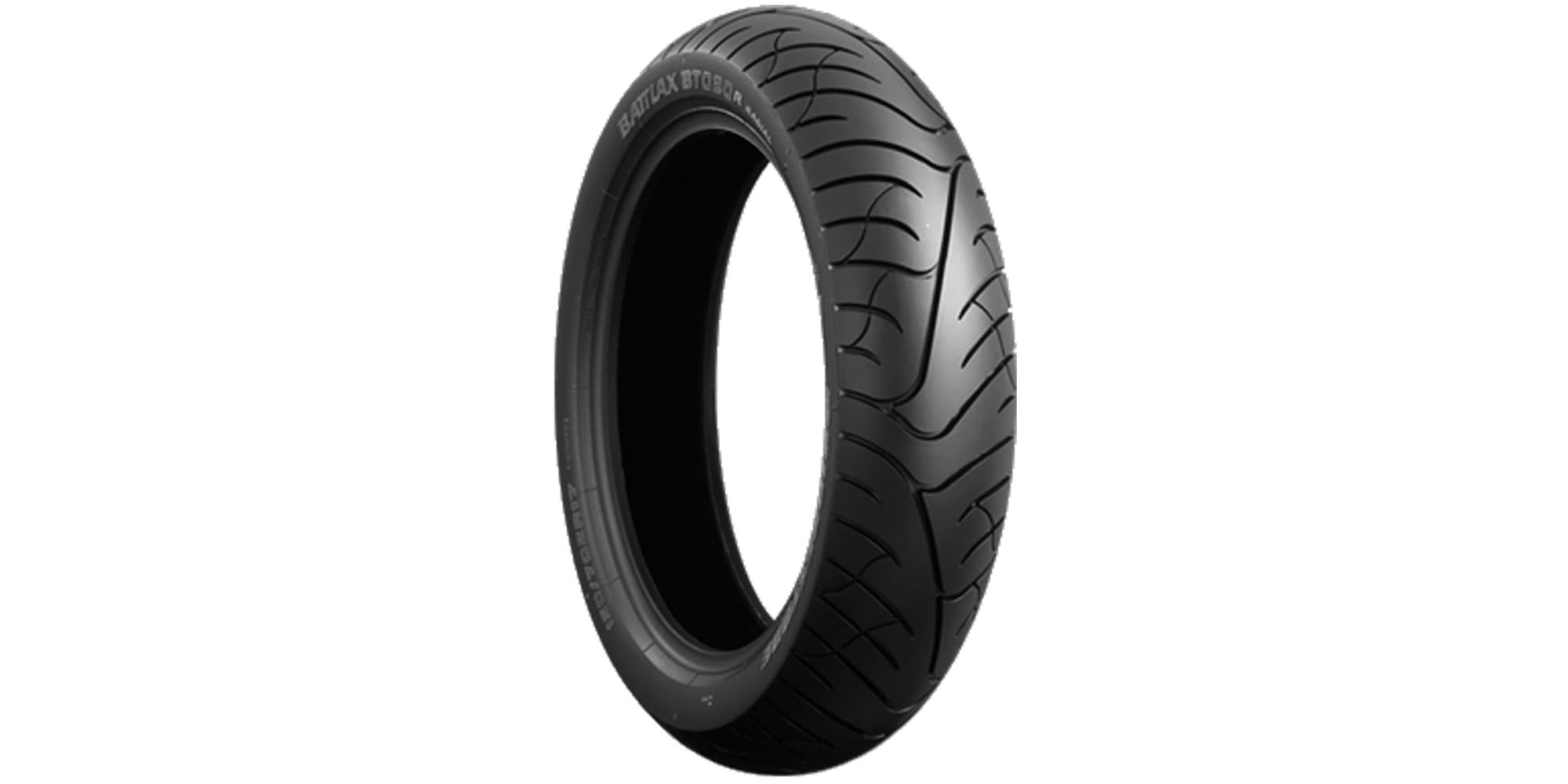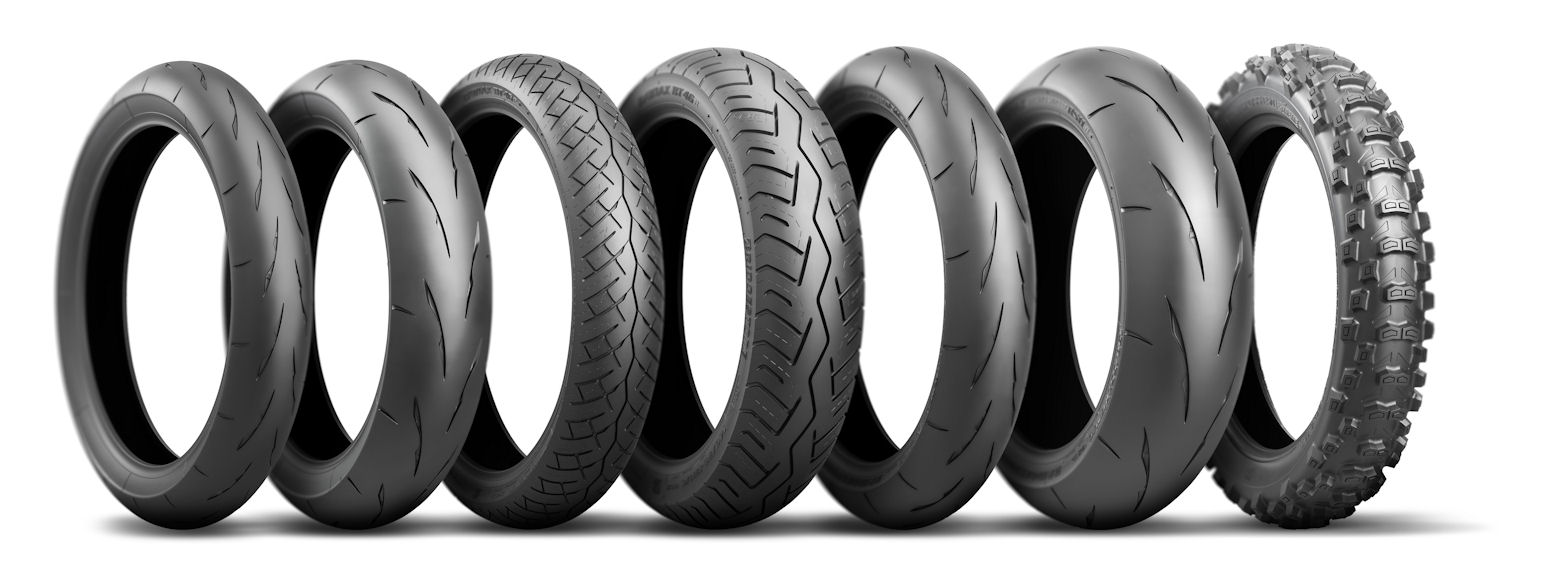All Regarding Bike Tyres: A Comprehensive Overview for Enthusiasts
For motorcycle fanatics, understanding the complexities of their maker's tires is an important facet frequently forgot. This guide, 'All About Bike Tyres', unlocks the elaborate world of tyre types, dimensions, and requirements, all directly impacting efficiency and security.
Comprehending the Fundamentals: Different Kinds Of Motorbike Tyres
In the world of motorcycling, tires play a critical duty, not only in making sure a safe ride however additionally in boosting the overall performance of the bike. They come in different types, each created for details riding problems and efficiency needs.

After that there are dual-sport tires, which use an equilibrium in between on-road stability and off-road grip. Last but not least, competing tires, used for track auto racing, supply optimal hold however have a very brief life expectancy.
Understanding these types and their details features aids bikers select the best tyre for their riding style and problems, consequently ensuring ideal performance and security. Such knowledge creates the foundation prior to delving into tire dimensions and requirements.
Just How to Decipher Your Motorcycle Tire Size and Requirements
Having a solid grasp on the various kinds of bike tyres leads naturally to a deeper understanding of their dimensions and requirements. The tire's size and specifications are typically suggested on the sidewall. The 2nd number, complying with a slash, is the aspect proportion or the height of the tire's sidewall expressed as a percentage of the width.
Particular letters might follow these numbers, representing rate rating and load index. For circumstances,'M' represents an optimal speed of 130km/h, while '70' indicates a tons carrying capability of 335kg. Such elaborate details can dramatically affect a bike's efficiency. Therefore, it's vital for motorcyclists to understand just how to translate their bike tyre dimension and specs.
Selecting the Right Tyre for Your Riding Design and Problems
Picking the ideal tire for your bike is not a decision to be taken lightly. It's vital to take into consideration the kind of riding one does most frequently; whether it's travelling, exploring, off-roading, or sporting activities riding, each style requires a various sort of tire. Sport cyclists might decide for efficiency tyres that offer superb grip and speed, while commuters could choose tires developed for sturdiness and comfort.
For damp and snowy problems, tyres with deep walk patterns and softer rubber substances are ideal as they give much better grasp and traction. Inevitably, understanding your riding design and the conditions you'll encounter helps in selecting the right tire, enhancing both security and performance.
Tips for Maintaining Your Motorcycle Tyres for Optimum Performance
Effectively maintaining your motorbike tires substantially boosts their performance and durability. Normal inspection is a vital part of this process. Bikers should seek indications of damage, such as cuts, slits, or irregular wear patterns that might indicate positioning issues.
Cleansing is another vital aspect of tyre upkeep. Getting rid of particles and crud not just boosts the tire's appearance yet likewise stops premature wear. A gentle scrub with a soft brush and soapy water is typically adequate.
The duty of tire turning can not be marked down. By rotating the tyres' positions, one can make certain even use and extend their life expectancy.
Ultimately, the rider must always check the tire's step depth. A shallow tread can compromise grasp, causing hazardous riding conditions. To this end, numerous nations have legal minimum tread midsts, and motorcyclists are encouraged to comply with these guidelines for security.
The Effect of Tire Stress on Your Riding Experience

Understanding Tyre Stress Dynamics
While it could seem an unimportant factor to some, tire pressure plays an essential duty in the total riding experience of a bike. Over-inflated tyres can make the ride harsh and rough, while under-inflated tires can lead to bad handling and increased fuel intake. Tyre stress additionally affects the tires' contact patch - the location of the tyre that touches the ground.
Readjusting Stress for Efficiency

(Best Motorcycle Tyre Brands NZ)The excellent pressure varies with load, road problem, and riding style. For ideal performance, it's essential to consult the manufacturer's suggestions, usually inscribed on the motorcycle or in the owner's manual.
Normal checks using a dependable pressure scale are essential. As weather condition influences stress, adjustments need to be made when tires are cool. Thus, understanding and using correct tire stress modifications significantly improve a motorcyclist's experience, promoting security and efficiency.
When and Exactly how to Change Your Motorbike Tyres Safely
Making certain the safety and efficiency of your trip, normal evaluation and prompt substitute of motorbike tires is a task of utmost value for each cyclist.
Tyres need to usually be replaced every 5 to six years, or when the walk depth gets to 2mm. However, variables such as driving practices, roadway conditions and tire upkeep can influence this timeframe. It's important to routinely examine tyres, searching for indications of damage, punctures or deformities.
Changing a tire requires unique tools and understanding. First of all, the motorcycle ought to be securely elevated. Following depreciation, the old tire can be removed by loosening up the axle nut and moving the wheel off. The new tire must be correctly aligned and pumped up to advised stress.
It is commonly advisable for much less experienced bikers to have actually tyres replaced by specialists. This ensures safety and security and maximises performance, emphasizing the relevance of tire upkeep in motorcycle usage.
Final Thought
In verdict, comprehending the details my latest blog post of bike tires, from types to size specs, plays an important duty in boosting riding experiences. Making notified choices based on riding design and problems, paired with correct maintenance and recognition of tire stress, can substantially boost performance and safety. Last but not least, knowing when and just how to change tyres ensures riders can remain to enjoy their bike journeys with miraculous confidence.